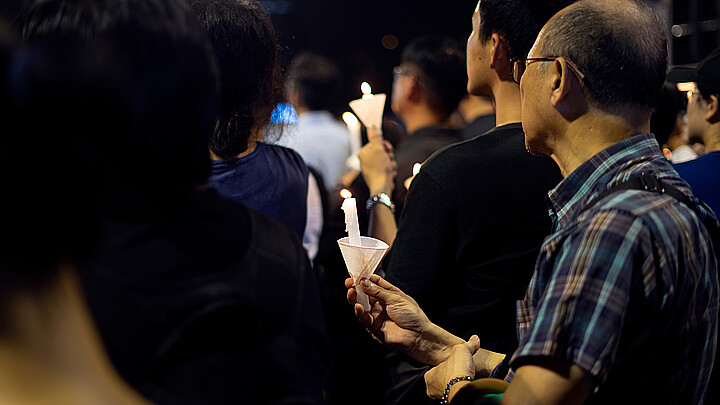Human Rights
Sen. Rubio asks NYT why it 'covered up proof' of Xi Jingping’s involvement in Uyghur genocide
The CCP has justified forced sterilizations and slavery as feminist victories for Uyghur women's social mobility.
December 2, 2021 5:57pm
Updated: December 2, 2021 7:48pm
Sen. Marco Rubio wrote a letter to The New York Times on Tuesday to ask why it decided to withhold documents showing Xi Jingping’s personal involvement in the Uyghur genocide in its 2019 reporting.
“In those now-released ‘Top Secret’ transcripts – documents that The New York Times has allegedly had in its possession since at least 2019 – Xi explicitly authorized changing local counterterrorism laws, rounding up and sentencing Uyghurs, the use of forced sterilization, and the use of slave labor in Xinjiang,” says Rubio in the letter.
The revelation came to light as the Uyghur Tribunal, an independent tribunal in the UK, began releasing excerpts from a new leak it received that directly link China’s actions against Uyghurs to speeches given by CCP leadership in 2014, which include the documents The New York Times received in 2019.
The trove of documents contain speeches by Xi justifying the atrocities in Xinjiang as re-education for religious extremism, which he calls “a powerful psychedelic drug” and population control for an excess of non-Han Chinese in the province. Xi ties the success of his Belt and Road economic initiative to stability in the region.
The Times' multimedia story does mention the 2014 speeches but frames the crackdown as counter-terrorism in response to a mass-stabbing at a train station by Uyghur militants.
The CCP has justified forced sterilizations and slavery as feminist victories for Uyghur women's social mobility.
The letter also accuses the Times of “a long history of covering up brutal atrocities,” citing the work of Times journalist Walter Duranty. Duranty won a Pulitzer Prize in 1932 for sympathetic coverage of Joseph Stalin’s Soviet Union, but was widely criticized for downplaying mass starvation across the communist country.
Rubio also accused the paper of hypocrisy for omitting Xi’s connection to “the total destruction of a people” when it had for years promoted the debunked Steele Dossier about former President Donald Trump’s links to Russia.
“Russiagate” drove much of the liberal news cycle since its release in 2017, but its credibility has been dismissed since a key source was arrested and indicted for lying to the FBI earlier this month.
The New York Times responded to Sen. Rubio on Wednesday, justifying that it withheld the documents in question over concerns they could be used to identify the source.








